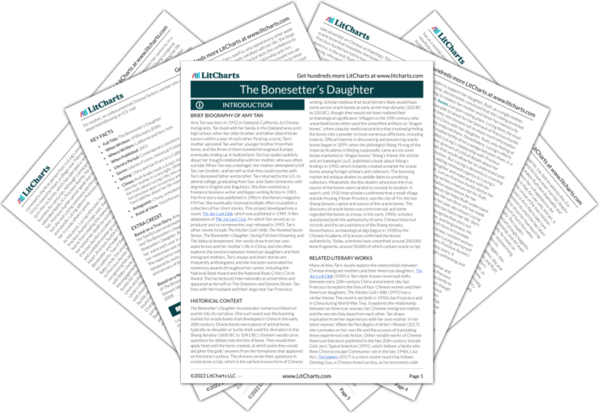This moment is significant for Ruth, who hasn’t explicitly acknowledged how emotionally withdrawn she is and how this negatively impacts her ability to develop meaningful and fulfilling relationships with others. Ruth seems to recognize how she has inherited her mother’s resistance to emotional vulnerability for fear of getting hurt. Growing up being disappointed by a mother who loved her but was incapable of showing that love taught Ruth to keep her own love bottled up inside, as well.
